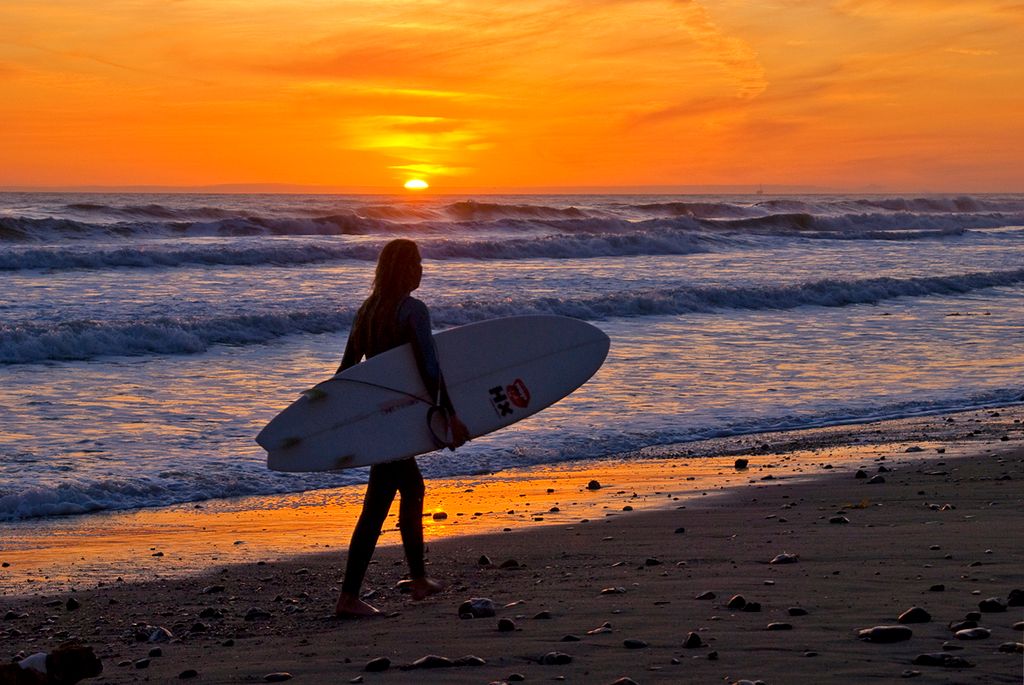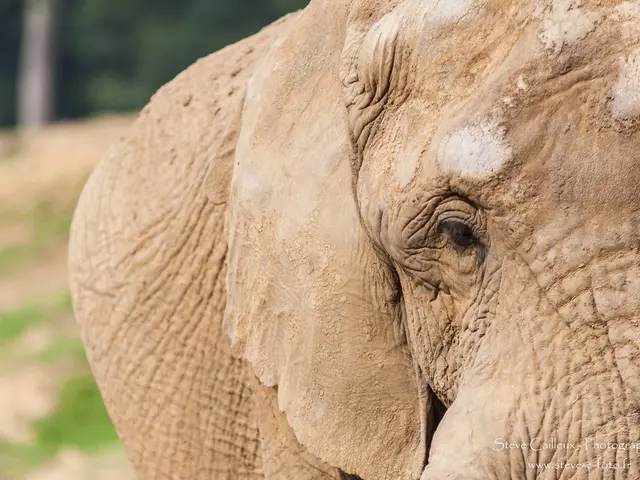Guiding Kids on Eco-Friendly Practices: A Comprehensive Guide for Parents
Ready to chat about sustainability with your mini-activist? Here's a fresh take on engaging your kid in conversations about the environment.
From climate ambassadors to eco-warrior youth, the younger generation is speaking up louder than ever on the sustainability front. With Greta Thunberg leading the charge, kids are taking the stage as key players in this global conversation. As their actions today will have the most significant impact on their futures, they're motivating the older generation to join them in the fight for a greener world.
So, let's dive into the topic of sustainability, empowering your child to become a change-maker and ultimately helping the planet – together.
Are Kids Interested in Sustainability?
Recent studies show that 45% of young people have concerns about environmental issues impacting their daily lives[1]. To start the conversation, it's essential to listen first and truly understand your child's feelings. Show compassion and respect for their emotions as adults often experience 'eco-anxiety' as well.
By practicing empathetic listening, you'll gain a better understanding of what your child is experiencing and know exactly how to address their concerns. Remember the ancient proverb that says, "We have two ears and one mouth so we can listen twice as much as we speak."
Explaining Sustainability to a Child
Once you've identified your child's feelings and concerns, you can begin to talk about the subject of sustainability with them. Instead of bombarding them with facts, statistics, and graphs, tailor your approach to their age and interests.
Best-selling author Dan Fagin believes that telling stories is a powerful way to capture a child's attention and effectively communicate the message[2]. Engage your little one with tales from books about sustainability, or if you're short on time, share anecdotes about environmental heroes that have made a difference.
Making Sustainability Fun for Kids
Whether you're a keen reader or prefer a more hands-on approach, there are loads of ways to make sustainability fun for kids. Get creative with the ideas below and join your child on their journey to becoming an eco-warrior!
Nature-Based Projects
Encourage your child to explore nature and learn about the importance of biodiversity. You can create art with natural materials, build fairy homes, or even set up a worm farm to show the magic of recycling[3][4].
Active Learning through Play
Make sustainability a game! Try playing eco-themed board games or apps that teach kids about reducing, reusing, and recycling[4]. Or set challenges to reduce energy consumption, like having an hour-long electricity-free afternoon or saving water during showers.
Community Involvement
Join local sustainability initiatives and help your child feel like they're contributing to a larger movement. Take part in beach clean-ups, tree plantings, or litter pick-ups, and share stories about the positive impact these actions have on the environment[5].
Empowerment through Action
Show your child that even small actions can have a significant positive impact on the environment. Encourage them to turn off lights, save water, or plant a tree[6]. Lead by example by adopting sustainable habits and showing your child that every little bit counts.
By taking these steps, you'll empower your child to become an advocate for sustainability and work towards creating a more environmentally conscious future. Whether it's worm farming or tree planting, the journey is just beginning – let's take it together!
Sources:
- Catlin, C. (2018). Here’s what kids need to know to fight climate change
- Fagin, D. (2012). The Story of Climate Change: What Romans, Meerkats, and Mermaids Taught Us About the World After Global Warming
- The Worm Farm
- Environmental Activities for Kids
- Community-Based Sustainability Education
- Empowering Kids to Save the Earth
- To further immerse your child in the world of sustainability, consider outdoor learning experiences like adventure playgrounds that promote environmental-science principles and lifestyle changes.
- By incorporating science, exploration, and fun into the learning process, these playgrounds foster an appreciation for nature, encourage eco-friendly practices, and aid in the development of your child's education-and-self-development skills.
- Additionally, joining local environmental initiatives, such as tree-planting programs or beach clean-ups, can provide opportunities for your child to contribute positively to the community while learning about the importance of sustaining our planet.








